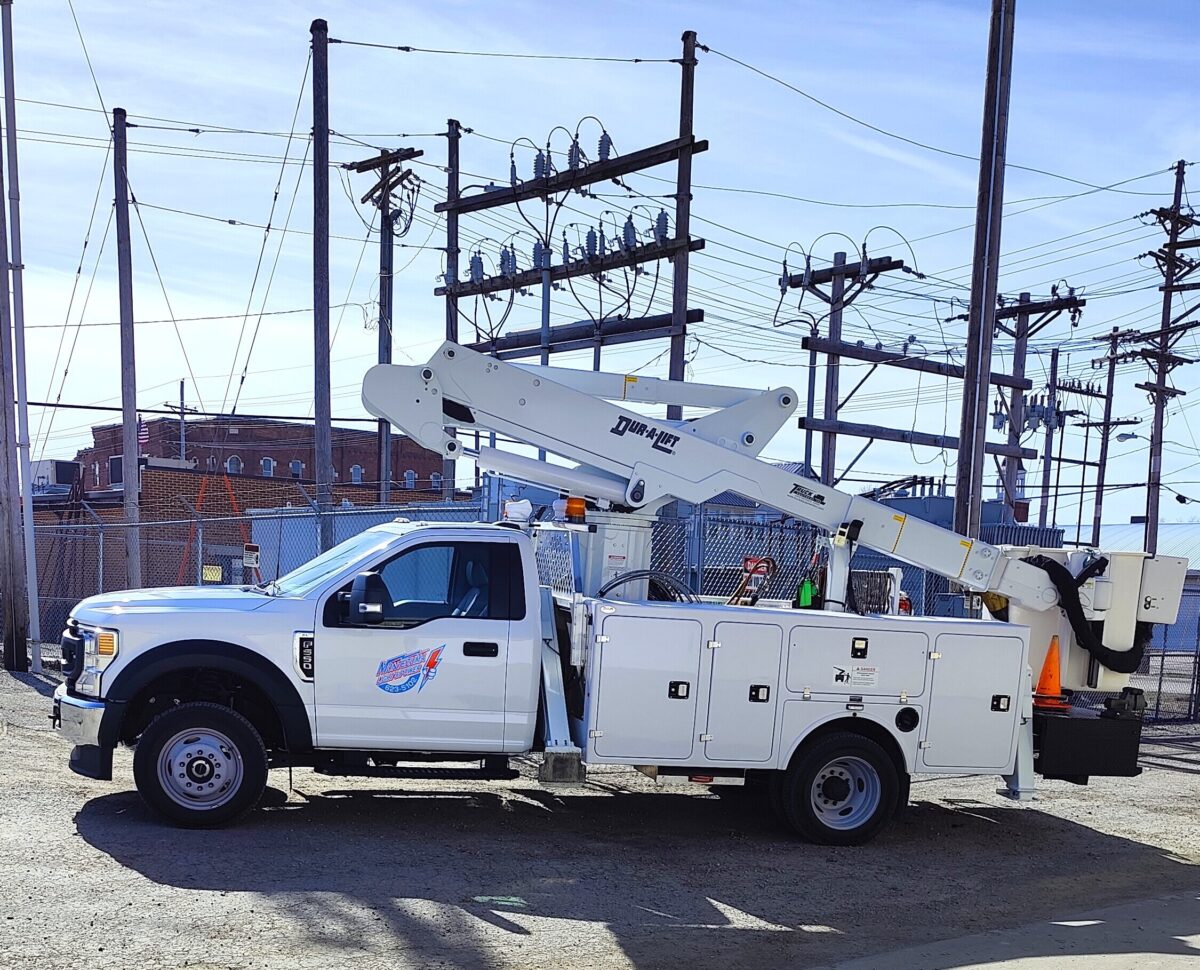
3月 . 13, 2024 16:21 リストに戻る
DOE announces $9.5 million award for Iowa’s first microgrid project
The Department of Energy (DOE) has recently announced a significant milestone for the state of Iowa with a $9.5 million award for the Montezuma microgrid project. This pioneering project will feature a 3 MW solar installation along with a cutting-edge battery energy storage system. The primary objective of this initiative is to significantly reduce energy costs for residents by up to 18% and to slash transmission costs for the utility by a substantial 34%. Notably, Iowa State researchers collaborated with Montezuma Municipal Light & Power to develop a comprehensive proposal that secured the federal investment from the DOE, alongside a cost-share contribution of $2.4 million from both the University and local sources.
The proposed microgrid project in Montezuma will encompass a 3 MW solar installation, a battery energy storage system, and two electric vehicle charging stations. With a focus on replacing aging substations, load monitoring, and control systems, the utility anticipates a remarkable 18% reduction in energy costs for the town's residents. Additionally, the project is poised to deliver a significant 34% decrease in transmission costs for the utility, thereby minimizing its overall energy purchases. By embracing renewable energy solutions, Montezuma aims to enhance its energy efficiency, cost-effectiveness, and overall sustainability, benefiting both the community and the environment.
Montezuma, a community with a population of 1,400 known for its manufacturing and farming activities, is eagerly anticipating the implementation of the microgrid project. Anne Kimber, the director of the Electric Power Research Center and a key project leader, emphasized the vital role that the microgrid will play in supporting essential services such as city and county facilities, schools, healthcare centers, shopping outlets, and employment opportunities. Notably, during a severe windstorm in 2020, the town had to rely on diesel generators to maintain power. However, the forthcoming microgrid solution promises to offer a cleaner and more sustainable energy source, ensuring reliable power supply during challenging conditions.

Apart from its immediate benefits to Montezuma, the microgrid project is poised to set a precedent for other communities looking to enhance their energy infrastructure. The project design is expected to serve as a blueprint for similar initiatives, promoting sustainability and resilience across rural regions. Additionally, the project will facilitate education and training opportunities, with the Research Center leveraging a digital twin of the microgrid for testing in collaboration with schools and a Tribal Nation in the area. By nurturing an energy workforce capable of designing, building, and operating resilient systems, the project aims to empower communities to adopt sustainable energy solutions and enhance their energy independence.
The Montezuma microgrid project represents a significant leap towards transforming the town into the very first utility-scale microgrid in Iowa, boasting unparalleled reliability and resilience. By integrating smart grid technologies, the project will revolutionize and modernize the Montezuma Municipal Light and Power system, setting a new standard for rural utilities across the state. The envisioned impact of the microgrid extends far beyond Montezuma, with the project serving as a model for other communities seeking to bolster their energy infrastructure and embrace sustainable energy practices. By embracing innovation and sustainability, the microgrid project holds immense potential to drive positive change in the region's energy landscape.
The $9.5 million awarded by the DOE to the Montezuma microgrid project is a part of the Energy Improvements in Rural or Remote Areas program overseen by the U.S. Department of Energy's Office of Clean Energy Demonstrations. This program, which recently allocated total funding of over $366 million to 17 projects across 20 states and 30 Tribal Nations and communities, underscores the government's commitment to advancing clean energy solutions in rural and remote areas. The funding, made possible by the Bipartisan Infrastructure Law, aims to support community-driven energy projects like microgrids, which enhance energy security, create economic opportunities, and promote sustainability in underserved regions. Through strategic investments in initiatives like the Montezuma microgrid project, the government seeks to catalyze the transition towards a cleaner, more resilient energy future for communities across the nation.
In conclusion, the Montezuma microgrid project stands as a testament to the power of collaboration, innovation, and sustainable energy solutions in driving positive transformation in rural communities. By leveraging cutting-edge technologies and renewable energy sources, the project aims to enhance energy efficiency, reduce costs, and strengthen resilience in Montezuma and beyond. With the support of federal funding and local partnerships, the project is poised to set a new standard for energy infrastructure, paving the way for a more sustainable and secure energy future for the region. As the first utility-scale microgrid in Iowa, the Montezuma project is not only a showcase of technical excellence but also a beacon of hope for communities seeking to build a more resilient, sustainable energy ecosystem.
-
Wireless DC Charging: The Next Frontier in Contactless EV Power Delivery
ニュースAug.04,2025
-
Hybrid BMS Energy Controls: Integrating Renewable Energy Sources
ニュースAug.04,2025
-
Blockchain for Secure and Decentralized EMS Power Systems
ニュースAug.04,2025
-
AI-Driven for Smart Grids: Energy Management System (EMS)
ニュースAug.04,2025
-
Advanced Distribution Management System (ADMS) Energy
ニュースAug.04,2025
-
5G-Enhanced BMS Energy Savings: Ultra-Low Latency Control
ニュースAug.04,2025























